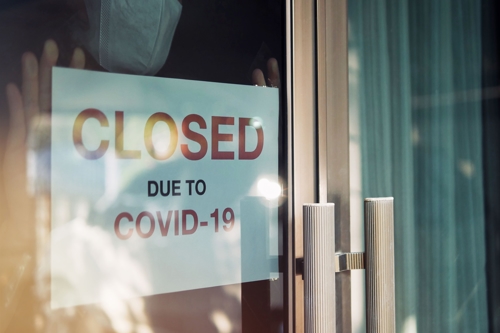
TENANT WAS UNABLE TO OPERATE BUSINESS DUE TO GOVERNMENT ORDER
After a landlord brought a summary proceeding against its commercial tenant, the New York County Civil Court ended up dismissing the owner’s claim and awarded the tenant damages. On review by the Appellate Term, that order was reversed, and the case was sent back for further proceedings.
When the dispute got to the Appellate Division, First Department, that court ended up disagreeing with the Appellate Term.
This commercial lease, which provided that the premises were to be used "solely as and for the operation of a high-quality retail store selling (and displaying)" goods, contained a "taking" clause, which provided for the suspension of rent in the event the tenant was “denied or deprived of either the use, occupancy and/or enjoyment of the [premises] and/or the ability to operate its business thereon or therefrom by action or decree of any lawful power or authority."
On March 20, 2020, in response to the COVID-19 pandemic, Mario Cuomo, the then Governor of the State of New York issued Executive Order 202.8, which required nonessential businesses to "reduce [their] in-person workforce at any work locations by 100% no later than March 22 at 8 p.m." And, in response, from March 22, 2020, until June 22, 2020, retail operations at these premises were stopped and the store was closed.
Notwithstanding the fact that the tenant used a portion of the premises for storage, the AD1 thought that the Civil Court properly found a “taking” had occurred, and that the rent was suspended, when the tenant was unable to "operate its business,” and was thus compelled to reverse Appellate Term. The AD1 suggested, however, that on remand the Civil Court could apportion the rent suspension to exclude such portion(s) of the premises that had been used for storage.
They sure took that taking that seriously.
# # #
DECISION
